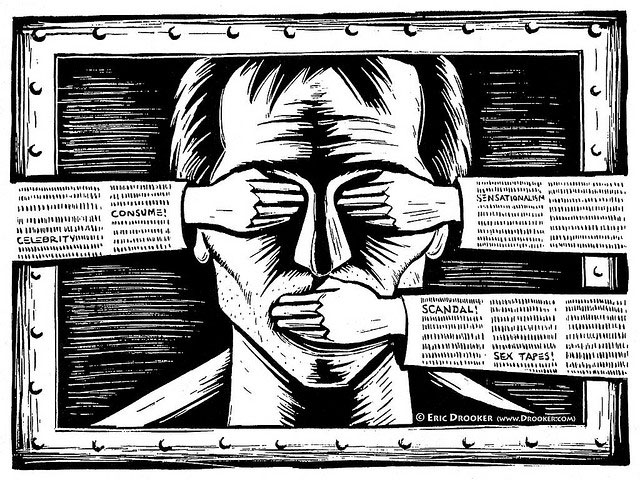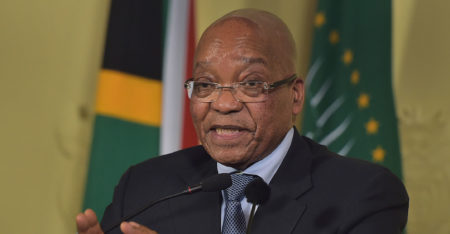 The Film and Publication Board’s newly published draft online regulatory policy reflects a growing trend in government that at best betokens nanny statism and at worst a move towards more autocratic rule.
The Film and Publication Board’s newly published draft online regulatory policy reflects a growing trend in government that at best betokens nanny statism and at worst a move towards more autocratic rule.
The FPB, which was transferred to the department of communications from home affairs by presidential proclamation in July 2014, is certainly trying to bare its teeth with its new draft policy.
The draft online regulatory policy takes into account media convergence, social media and mobile technology. The FPB hopes to expand its scope, not simply restricting itself to specific platforms such as films and games.
Although the board and the policy’s drafters seem to have good intentions, the draft policy gives the FPB too much discretion, and offers very little remedy for the public. It’s certainly too prescriptive and, unfortunately, cannot be viewed in isolation of government’s recent criticism of the media and attempts to force through the so-called secrecy bill.
As the draft policy states, it will bring about a “comprehensive and fundamental transformation of online content regulation” in South Africa.
Statements such as “it is the responsibility of the platform provider in consultation with the FPB to determine the scope of what must be classified”, suggest that the board will wield a big stick over Internet service providers and online media companies.
Let’s not forget this as the same FPB that came rushing to President Jacob Zuma’s rescue by giving artist Brett Murray’s Victor Ivanov-inspired painting of Zuma an adults-only rating to ensure it could not be displayed in public.
The Murray saga does not give one much hope that the FPB will act fairly to all, even though the policy states that it will not classify content from those uploading material on a non-commercial basis.
What about cellphone footage of the recent fracas at parliament? Could it be deemed undesirable under the new regulations because of its violent nature, and could an age restriction or banning be applied.

The onus will be on various Internet intermediaries, including media websites, to remove such content.
In effect, what the draft policy does is give the FPB an unfettered hand in regulating media content.
Particularly onerous is the prescription of fees for online content distributors, with no definition of who or what is an online content distributor. In addition to this, it allows the board to impose sanctions or “withdraw the authorisation of any content provider or online distributor” that fails to comply with the FPB’s decisions.
Considering that almost all media agencies have some kind of online presence, this in effect gives the board a backdoor to regulating the media as it sees fit.
While the board will be keen to deny it has such intentions, a future regime may prefer a different interpretation of the rules. — © 2015 NewsCentral Media
- Sunil Gopal is a senior journalist at TechCentral




